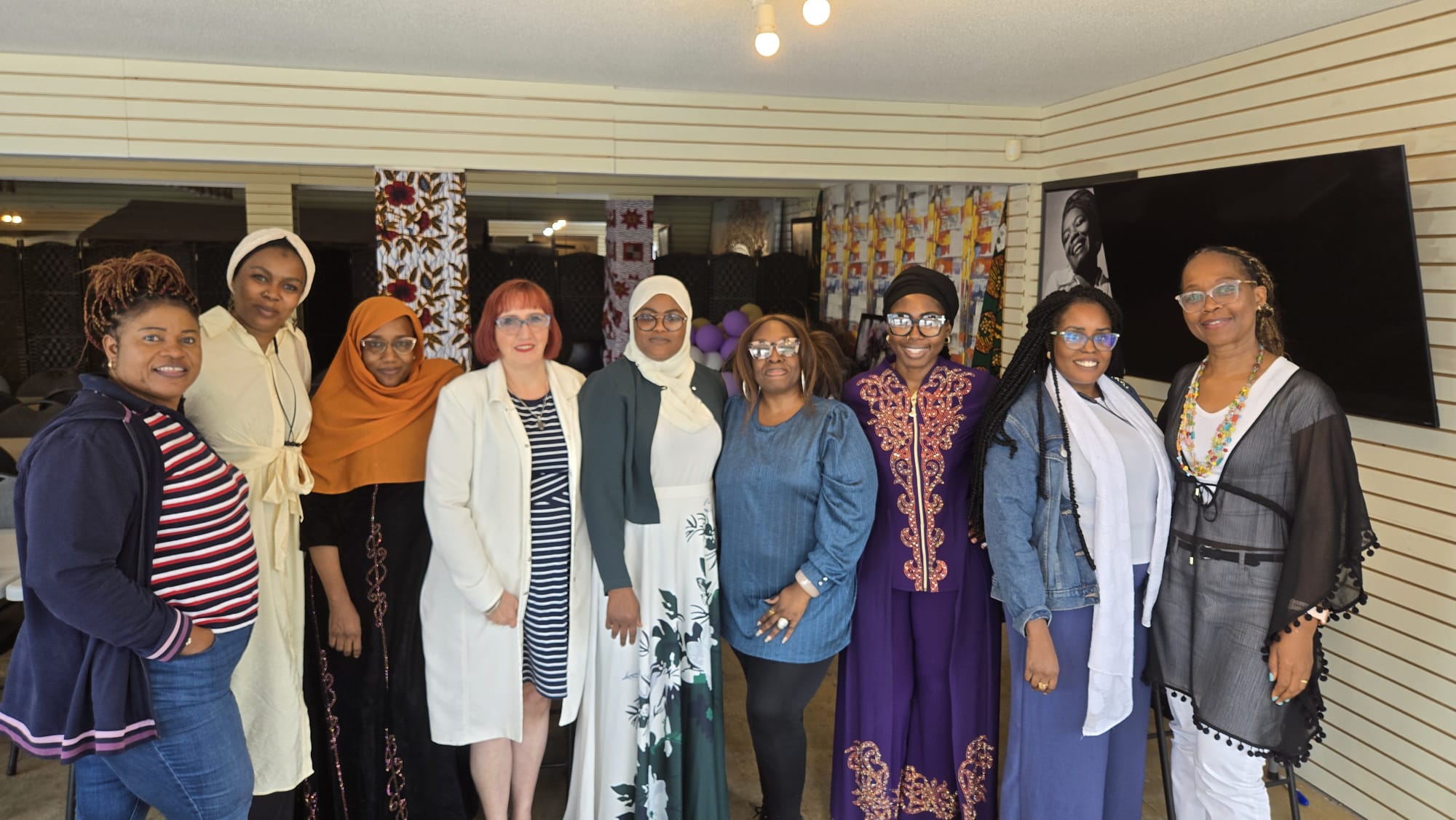No Results Found
The page you requested could not be found. Try refining your search, or use the navigation above to locate the post.

In Canada, African, Caribbean, and Black (ACB) women are disproportionately affected by HIV, with higher rates of new diagnoses compared to other demographic groups. This overrepresentation is influenced by a combination of social, structural, and systemic factors such as HIV-related stigma, gender discrimination, and racial discrimination. These barriers not only increase the vulnerability of ACB women to HIV infection but also limit their access to essential HIV prevention and care services.
Given the heightened risks faced by ACB women, it is critical to develop targeted interventions to address these challenges. Current Canadian guidelines recommend pre-exposure prophylaxis (PrEP) as a key strategy for reducing HIV transmission, particularly for populations at higher risk, including Black women. However, uptake of PrEP among Black communities in Ontario remains low. To combat this, recent evidence highlights promising models such as community-based, peer-led HIV testing and self-testing, which have been shown to improve testing rates and facilitate access to care.

Despite these advancements, ACB communities still encounter numerous barriers to accessing health information and services. Issues such as low health literacy, limited socio-economic resources, stigma, and a lack of awareness about HIV status all deter help-seeking behaviors. These barriers are compounded for Black women, who face unique and systemic challenges in accessing appropriate HIV and healthcare services. While many of these challenges affect women in general, research confirms that ACB women experience disproportionate obstacles, particularly related to HIV care.
To address these gaps, the CO-CREATH lab at uOttawa, a key research partner of CADHO, has a new initiative that is conducting focus group discussions with Black women across Ontario to explore knowledge gaps related to HIV and healthcare. These discussions aim to identify the skills needed to better engage in the HIV/healthcare sectors and understand women’s preferences for learning strategies that can empower them to gain crucial knowledge and skills.

This project is also leading the development of a community-based, peer equity navigator program designed to improve access to HIV prevention and care for ACB women in Ontario by educating women in their communities. Building on the results of previous local research, the intervention emphasizes the importance of critical health and racial literacy—an approach that has proven effective in promoting health, particularly in the context of COVID-19 and co-morbidities like HIV. Peer-led programs, which engage individuals from within the community, are an especially effective strategy for reaching at-risk populations and ensuring that health messages resonate on a personal level.

Incorporating ACB communities in the development and implementation of health interventions is vital to reducing health inequities. The innovative, peer-led intervention being used in this project offers promising potential for informing both policy and practice related to HIV prevention and care for ACB women in Canada.
By empowering ACB women with the knowledge and tools they need to navigate HIV care, we can work together to break down the systemic barriers that perpetuate health disparities. This community-driven approach not only strengthens healthcare access but also fosters a sense of ownership and agency within the ACB community, contributing to long-term, sustainable improvements in health outcomes.